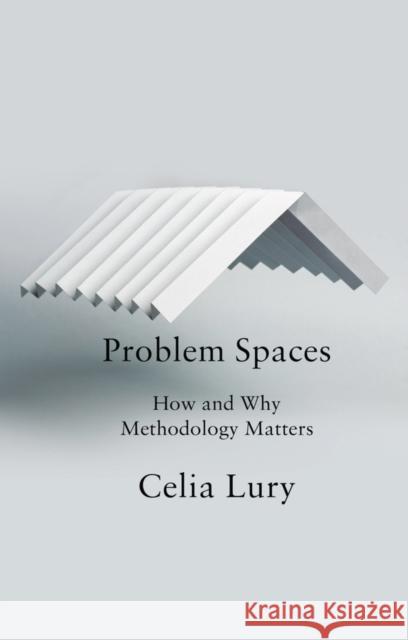Problem Spaces: How and Why Methodology Matters » książka
topmenu
Problem Spaces: How and Why Methodology Matters
ISBN-13: 9781509507931 / Angielski / Twarda / 2021 / 256 str.
Problem Spaces: How and Why Methodology Matters
ISBN-13: 9781509507931 / Angielski / Twarda / 2021 / 256 str.
cena 261,98
(netto: 249,50 VAT: 5%)
Najniższa cena z 30 dni: 254,63
(netto: 249,50 VAT: 5%)
Najniższa cena z 30 dni: 254,63
Termin realizacji zamówienia:
ok. 30 dni roboczych.
ok. 30 dni roboczych.
Darmowa dostawa!
Kategorie:
Kategorie BISAC:
Wydawca:
Polity Press
Język:
Angielski
ISBN-13:
9781509507931
Rok wydania:
2021
Ilość stron:
256
Waga:
0.43 kg
Wymiary:
21.59 x 14.22 x 2.54
Oprawa:
Twarda
Wolumenów:
01
Dodatkowe informacje:
Bibliografia











